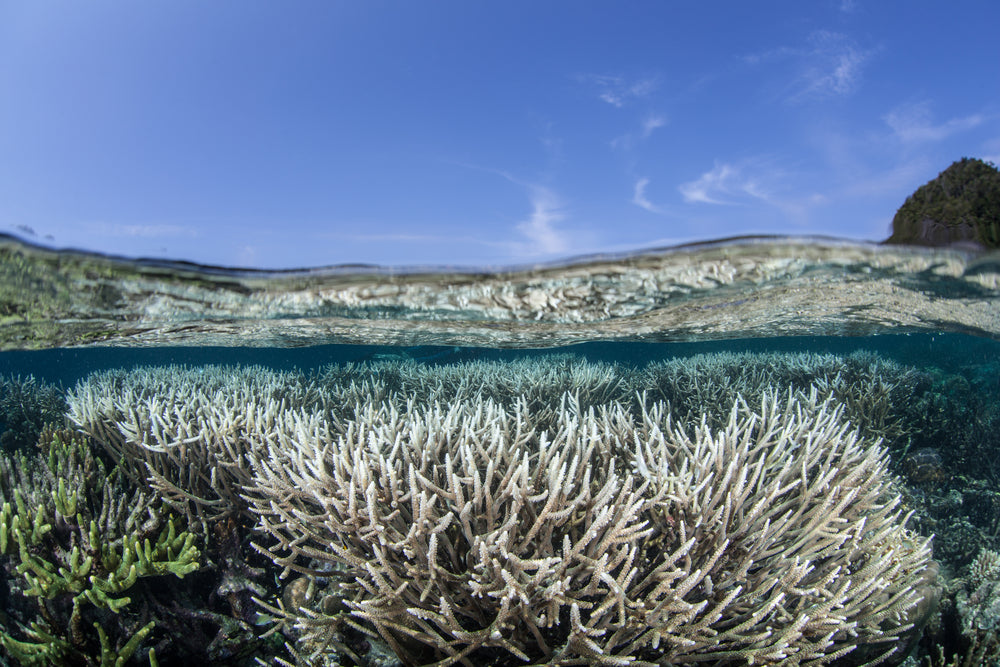
70% Of Coral Reefs Are Dead Within 10 Years Unless We Limit Climate Change, Report Says
Share
Coral reefs are on the verge of extinction, and only we can save them.
We have one last chance to act, according to a recent report authored by thousands of coral reef scientists. 30 percent of Earth's coral reefs could survive until the end of the century if we limit global warming to 1.5 degrees.
Otherwise, we could only have 1 or 2 percent left.
"The science and the models show that we have only a few years left to reduce carbon dioxide emissions that put us on that path," says earth scientist Andréa Grottoli from Ohio State University.
"It has to happen this decade, or we won't make that target."
This perspective is written in advance of this year's United Nations Framework Convention on Climate Change (COP26) and the Conference of the Parties to the Convention on Biological Diversity (COP15), which both aim to set new goals for coral reefs.
To protect and preserve these ecosystems, this document details three urgent actions. As part of the 'three pillars', greenhouse gas emissions must be reduced, local resilience built, and restoration science invested.
The first step is the most important. Coral reefs are under threat from climate change, and we need to halt the world's emissions as soon as possible.
"We are already faced with a grand challenge in trying to restore the reefs," says Grottoli.
"Once we do eventually reduce carbon dioxide emissions and the planet is no longer warming at an accelerated rate, trying to restore it from just a few percent is much more difficult."

So reducing our emissions is important, but it's not the only thing we have to do. Developing countries will also need to coordinate policies around environmental adaptation, management, and conservation to further protect coral reefs.
There's more to it than just our emissions. Human pollution, ocean acidification, and overfishing also threaten coral reefs. We don't know if these ecosystems will survive if we don't tackle those issues and limit global warming.
"The coming year and decade likely offer the last chance for international, regional, national, and local entities, working synergistically, to change the trajectory of coral reefs from one heading towards world-wide collapse to one heading towards slow but steady recovery," the authors write.
If we fail, it's hard to imagine what the world will be like. Coastal nations, a lot of which are low-income, could lose access to food, employment, recreational opportunities and culture.
They'll also be more vulnerable to flooding. Reefs break the height and power of waves, but if that wall of coral goes away, storms will probably cause a lot more damage.
It's a disaster scenario, and we're speeding towards it. This could become our reality if we don't slow down our emissions.
"Today's decision makers are thus faced with a stark reality," the report concludes, "for the first time, an entire globally dispersed ecosystem that supports millions of species and people may be lost at the hands of humans."
We still have time to save Earth's coral reefs, but the clock is ticking. In 2050, researchers predict our window of opportunity will have closed entirely.
We are running out of time.
#Space_Aus2




